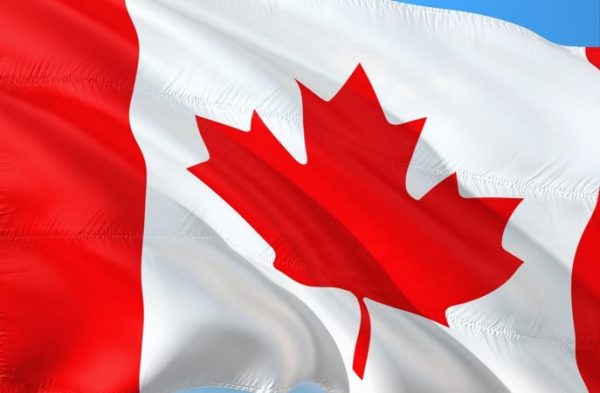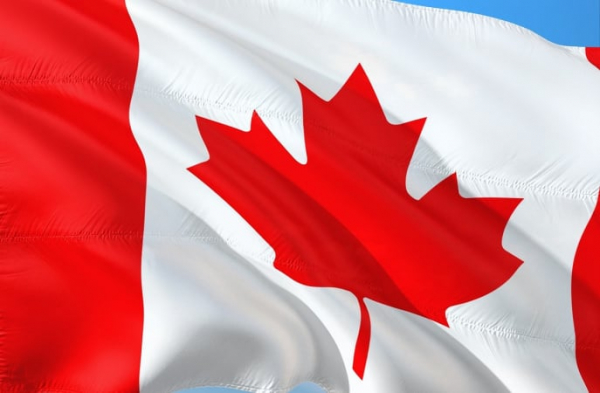The Deputy Prime Minister and Minister of Finance of Canada, Chrystia Freeland, issued a Directive on financial transactions related to Russia for entities regulated by the Anti-Money Laundering and Anti-Terrorist Financing Act, which came into force on February 24, 2024. This was reported by the press service of the Ministry of Finance of Ukraine.

► Read page “Ministry of Finance” on Facebook: top financial news
The Directive requires that every financial transaction related to Russia, regardless of its size, be considered a high-risk transaction, and establishes appropriate enhanced obligations to properly verify, monitor and record such financial transactions.
It applies to all transactions originating in or intended for Russia and applies to transfers using national and virtual currencies.
< p>
Requirements of the Directive
At the same time, the Financial Intelligence Unit of Canada (FINTRAC) issued relevant Instructions explaining the requirements of the Directive. Thus, financial transactions originating in Russia or intended for Russia may include, but are not limited to:
- electronic funds transfers, money orders or other transfers involving a Russian origin or destination address; activities of representatives of the Russian government (for example, transactions on the bank account of the Russian Embassy in Canada); receiving Russian rubles as a deposit to an account or for a transaction with virtual currency; carrying out an operation to exchange foreign currency or virtual currency, including Russian rubles.

